
5 Simple Cognitive Development Games to Boost Your Child’s Brainpower
Every parent wants to give their child a head start, and one of the best ways to do that is through play. Yes, that’s right—playing isn’t just about keeping kids entertained; it’s an incredible way to nurture their brains! Cognitive development games not only help children acquire new skills but also boost problem-solving, creativity, and memory.
Here, we’re diving into five easy-to-play, cognitive games that’ll boost your child’s cognitive development. These activities are perfect for toddlers up to early teens, and they’re easy to play at home. Get ready to fuel those little minds!
Memory Matching
It is known to be one of the simplest yet most effective cognitive development games. Hence, memory matching is all about sharpening recall and visual memory. The game can be played with a set of store-bought cards or homemade ones featuring stickers, drawings, or even family photos.
To play, lay the cards face down, letting your child flip over two at a time to find matching pairs. Each turn requires concentration and a bit of patience as they search for pairs and try to remember each card’s location.
Memory games like these are fantastic for developing cognitive skills in toddlers, especially as they build attention to detail and recall—skills that come in handy as kids progress in school.
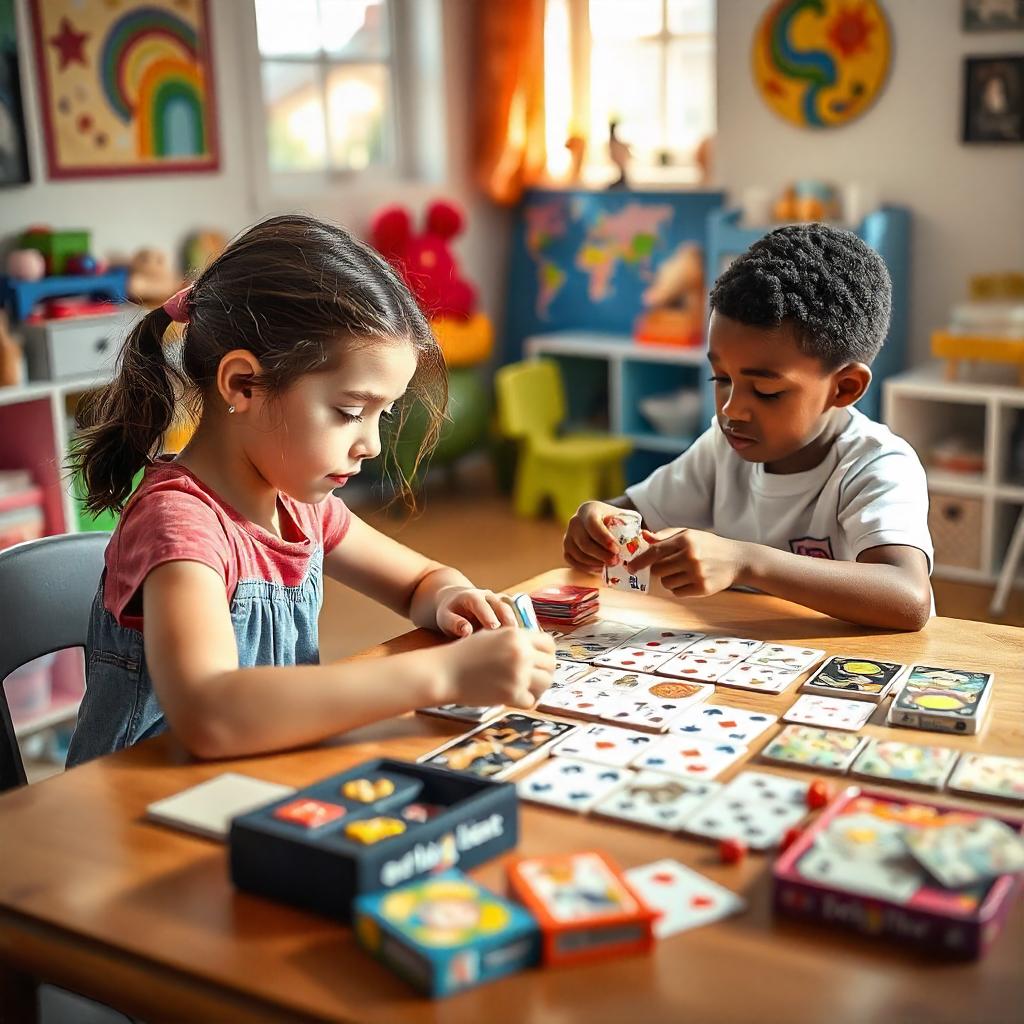
Simon Says
Remember this classic game? Simon Says is more than just a fun way to pass the time—it’s a fantastic workout for your child’s focus and listening skills. All you need is a bit of floor space and some imagination.
In this game, you give instructions like, “Simon says touch your toes” or “Simon says jump up high!” But whenever you leave out “Simon says,” they should avoid following the command. This twist challenges kids to pay attention and resist impulses—a key part of cognitive control.
Aside from being entertaining, Simon Says helps children learn to listen, process instructions, and practice self-regulation, making it one of the best child development activities.
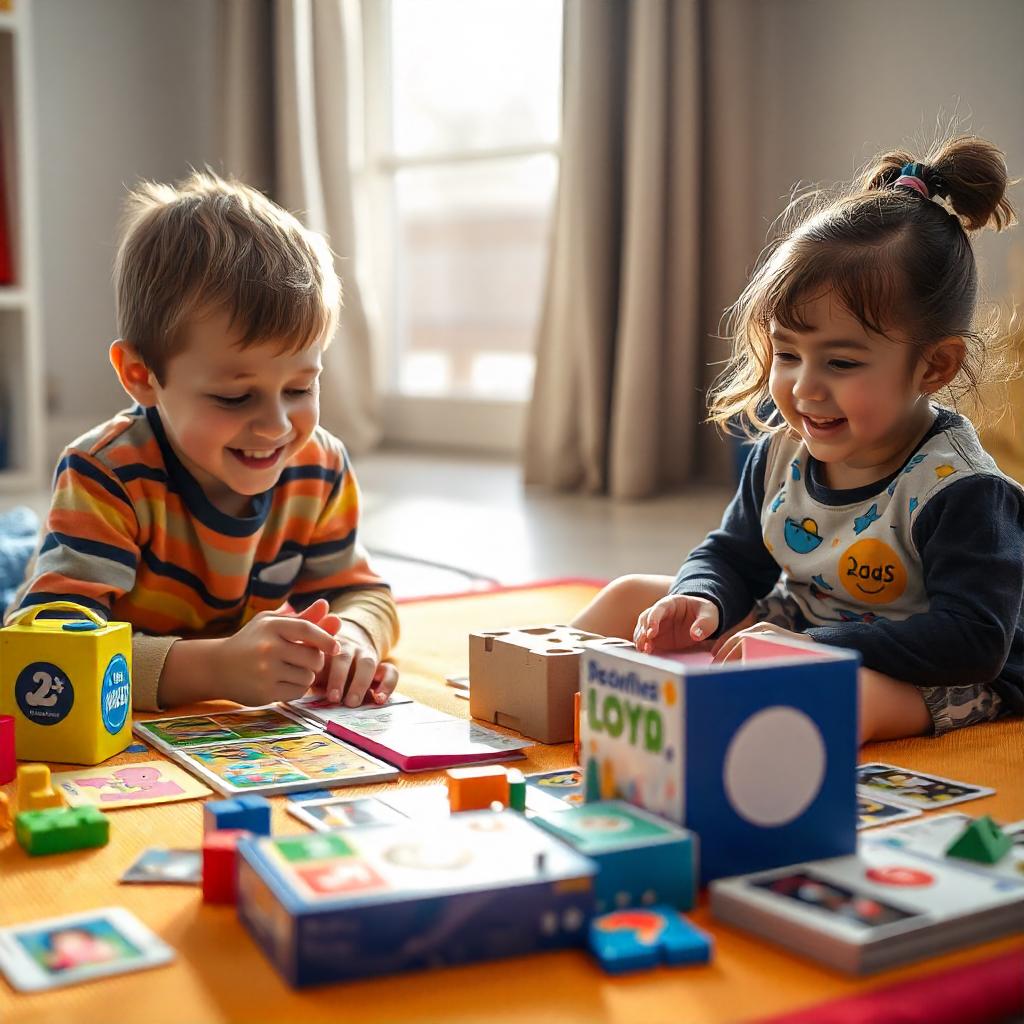
Puzzle Power
Puzzles have a magical ability to capture kids’ focus while enhancing problem-solving and spatial skills. And with so many options out there—from simple wooden puzzles for toddlers to more complex jigsaw puzzles for older kids—they’re easy to adapt to your child’s age and skill level.
Puzzles encourage kids to try out solutions, think critically, and develop patience as they work toward a goal. And if you want to make it a bit more exciting, set a timer and see if they can “beat the clock!” This is a brilliant way to introduce friendly competition and help them stay engaged.
Playing with puzzles may seem simple, but it’s a true workout for their developing brains and an ideal example of learning games that grow with your child.
Building Blocks and Construction Play
Who knew a pile of blocks could be such a powerful tool for cognitive development? Building activities, whether they’re with classic wooden blocks, LEGO sets, or even household items like cardboard boxes, engage kids in imaginative play while developing spatial awareness, planning, and problem-solving skills.
Building games are excellent for both cognitive skills in toddlers and for older kids, too. Encourage them to create something specific, like the “tallest tower,” or just let them explore freely. Either way, this type of play strengthens their ability to visualize, plan, and adapt.
Not only do these activities enhance cognitive skills, but they also keep kids engaged for extended periods, giving parents a little well-deserved downtime!
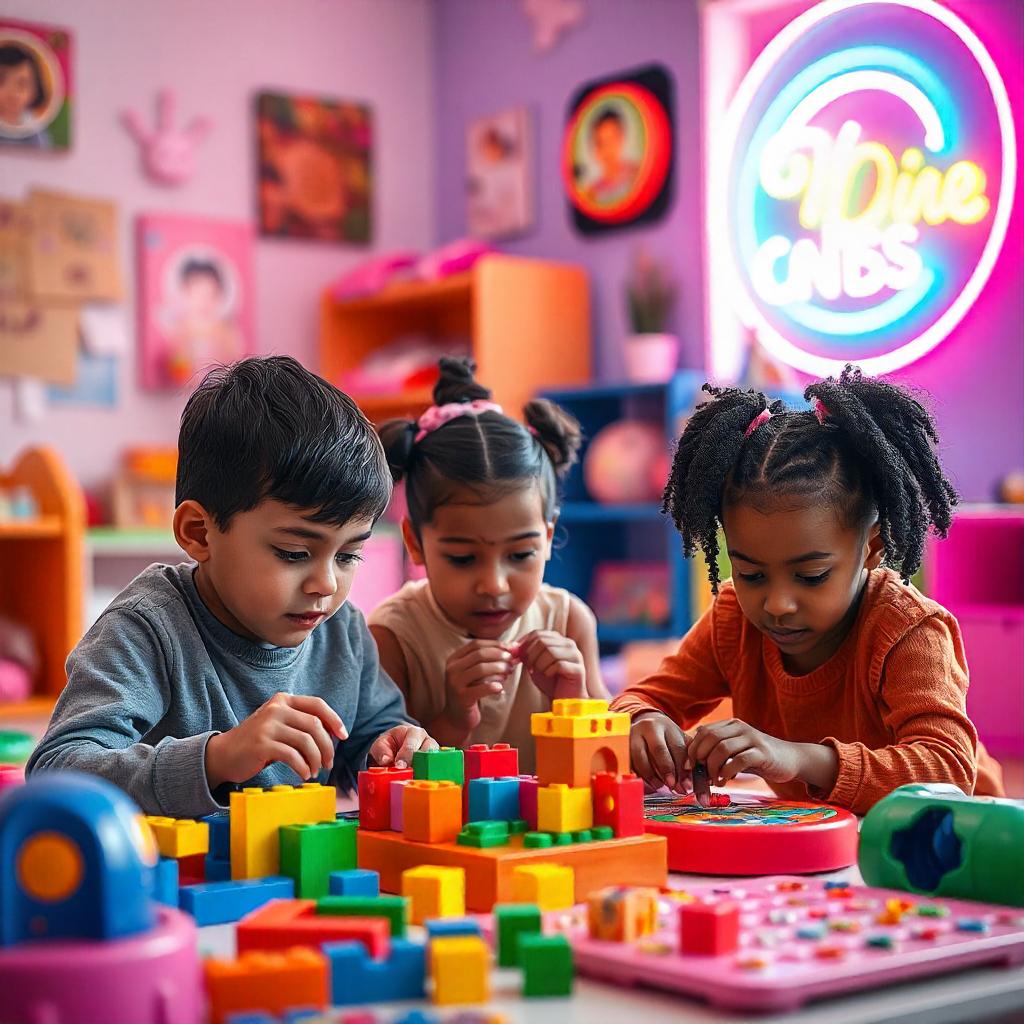
Scavenger Hunts
If your child loves exploring, try setting up a scavenger hunt. This game can be easily customized to suit any age, making it both engaging and educational. Whether you’re indoors on a rainy day or outside at the park, you can create a list of items for your child to find, such as “something red,” “a soft object,” or “something shaped like a circle.”
This is an excellent example of brain games for kids that go beyond simple entertainment—they engage both mind and body, all while keeping kids active and curious.
FAQs
What are the top cognitive development games for toddlers?
Games like memory matching, Simon Says, and simple puzzles are ideal for toddlers, as they encourage focus, listening, and early problem-solving.
How do educational games improve problem-solving skills in children?
These games allow kids to test ideas, make decisions, and approach challenges from different angles, building key problem-solving skills over time.
What role does PlayPixo play in cognitive development?
PlayPixo offers a variety of activities designed to challenge young minds with interactive, screen-free play that supports cognitive growth.
Are screen-based games as effective as traditional educational tools?
While screen-based games can help with cognitive skills, traditional hands-on games often provide more opportunities for social and motor skill development.
How often should children engage with cognitive development games?
Even 15-20 minutes a day of these games can help reinforce cognitive skills, making them a great daily habit for young learners.
Conclusion
So, next time your child is bouncing with energy or needs a bit of mental stimulation, try these cognitive development games. They’re easy to set up, fun to play, and just might give you that magical “aha!” moment as you watch them learn and grow!

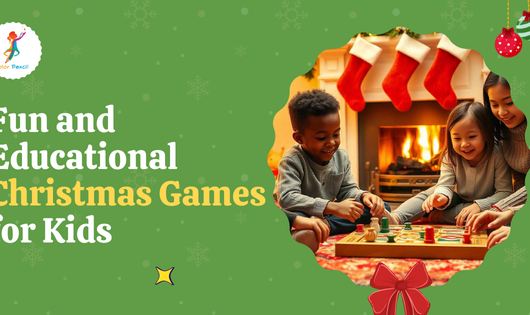
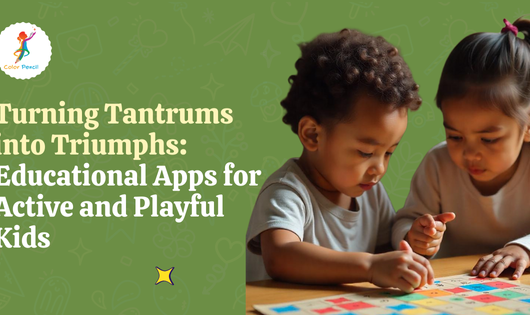
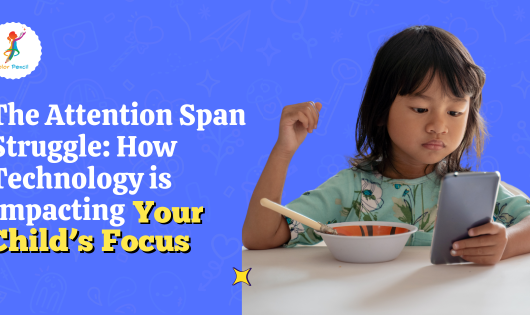




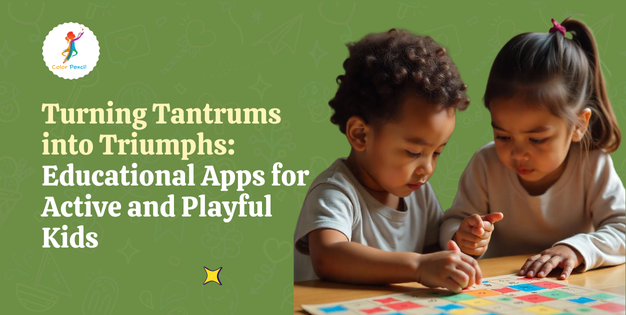
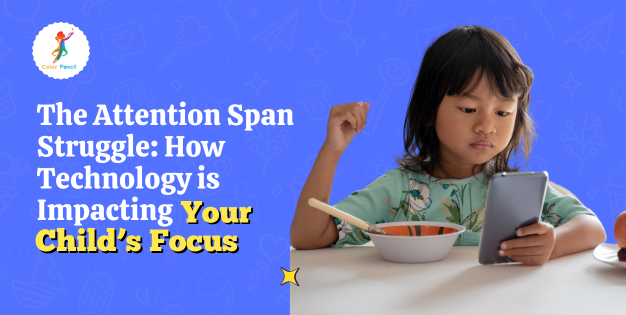

2 Comments